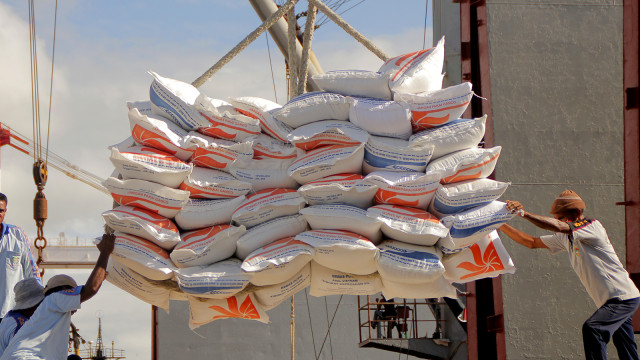Indonesia has taken a bold step toward food self-sufficiency, as the government announces it will cease importing four key commodities—rice, sugar, salt, and corn for animal feed—starting in 2025. This decision, revealed by Coordinating Minister for Food Affairs Zulkifli Hasan, reflects the country’s commitment to achieving self-reliance in food production under President Prabowo Subianto’s leadership.
The plan aligns with increasing domestic production to meet and exceed national demand. For rice, the government targets an output of 32 million tons in 2025, surpassing the anticipated domestic requirement of 31 million tons. "No more rice imports for consumption. We’ll produce enough," Zulkifli confidently stated during a press briefing held in Jakarta on December 9, 2024.
Sugar production is also set to rise significantly. The government projects a production of 2.6 million tons in 2025, building on this year’s increase of 200,000 tons from 2023 levels. This growth is driven by innovations in sugarcane breeding, improved plantation management, and collaboration with small and medium enterprises. "We’re advancing to ensure not only sufficient production but also sustainable growth in the sector," Zulkifli explained.
For salt consumption, the government estimates production will reach 2.25 million tons by 2025. With domestic demand forecasted at 1.763 million tons, this sector is expected to experience a surplus. Zulkifli emphasized that the government’s efforts are paving the way for independence in key agricultural and industrial sectors. “More than sufficient, we’re even ready for export opportunities,” he added.
Corn, crucial for animal feed, is another priority. Production is projected to hit 16.683 million tons next year, significantly outpacing the demand of 13 million tons. The surplus positions Indonesia as a potential exporter in this segment, marking a shift from reliance on imports to global competitiveness.
The decision to eliminate imports for these commodities is a calculated move to bolster domestic agricultural performance and reduce dependency on international markets. This policy is a direct response to the strategic goals of achieving food sovereignty before 2027, as mandated by President Prabowo’s administration. "We are confident this milestone can be reached even earlier, by 2025," Zulkifli affirmed.
The government’s efforts to enhance food production extend beyond policy. Investments in modernizing agricultural practices, increasing yields, and empowering local farmers are central to this vision. With these measures, Indonesia aims not only to secure its food supply but also to strengthen its position in global agricultural trade.
The success of this initiative depends on consistent execution and addressing challenges such as climate impacts and market volatility. As Indonesia approaches 2025, all eyes will be on whether the nation can fulfill its ambitious pledge to stop importing these essential commodities and lead the way toward sustainable food independence.
KOMPAS
Read More






 Monday, 09-02-26
Monday, 09-02-26







